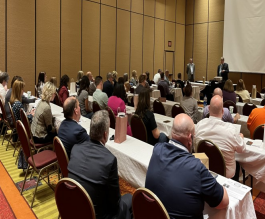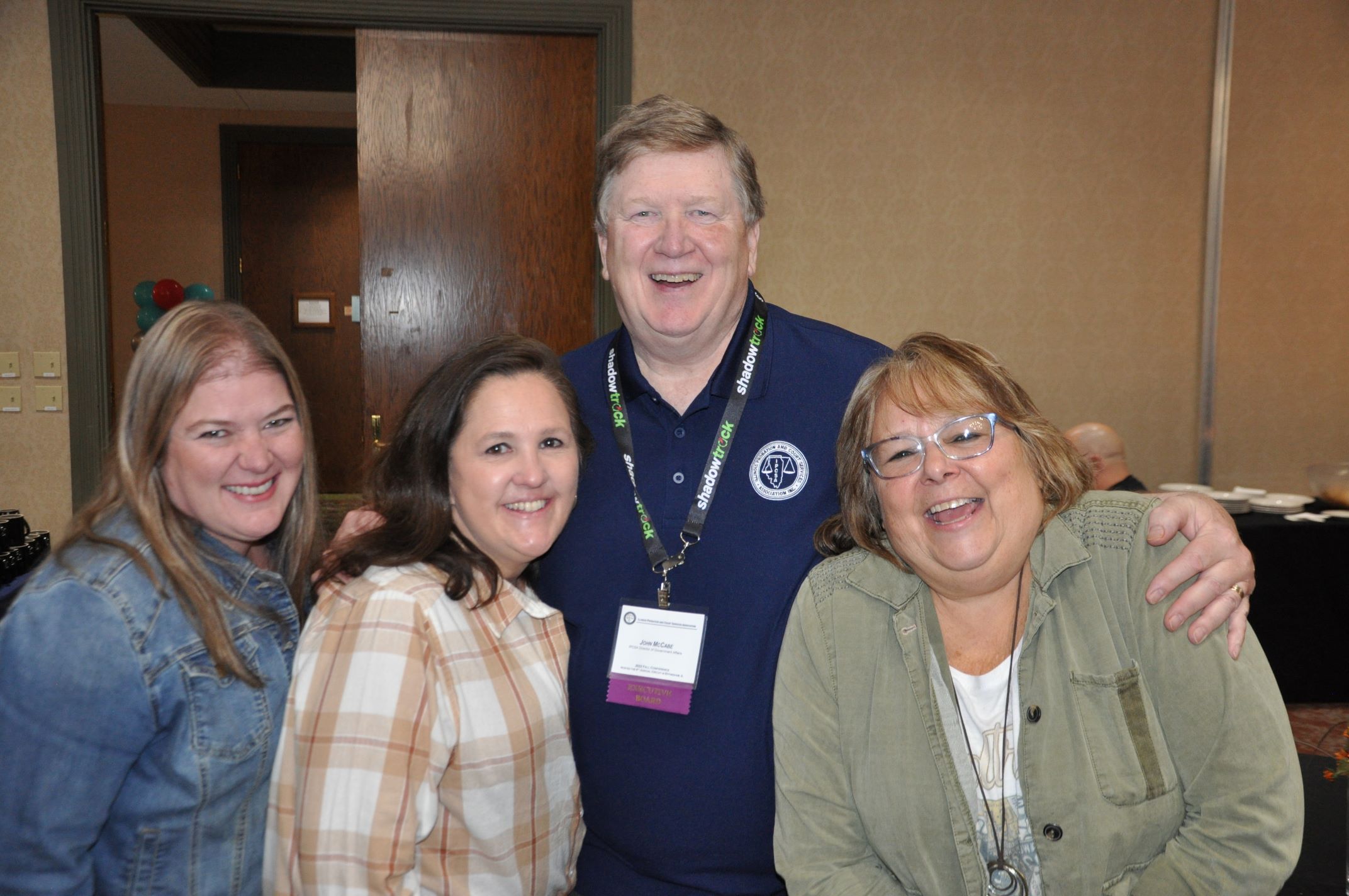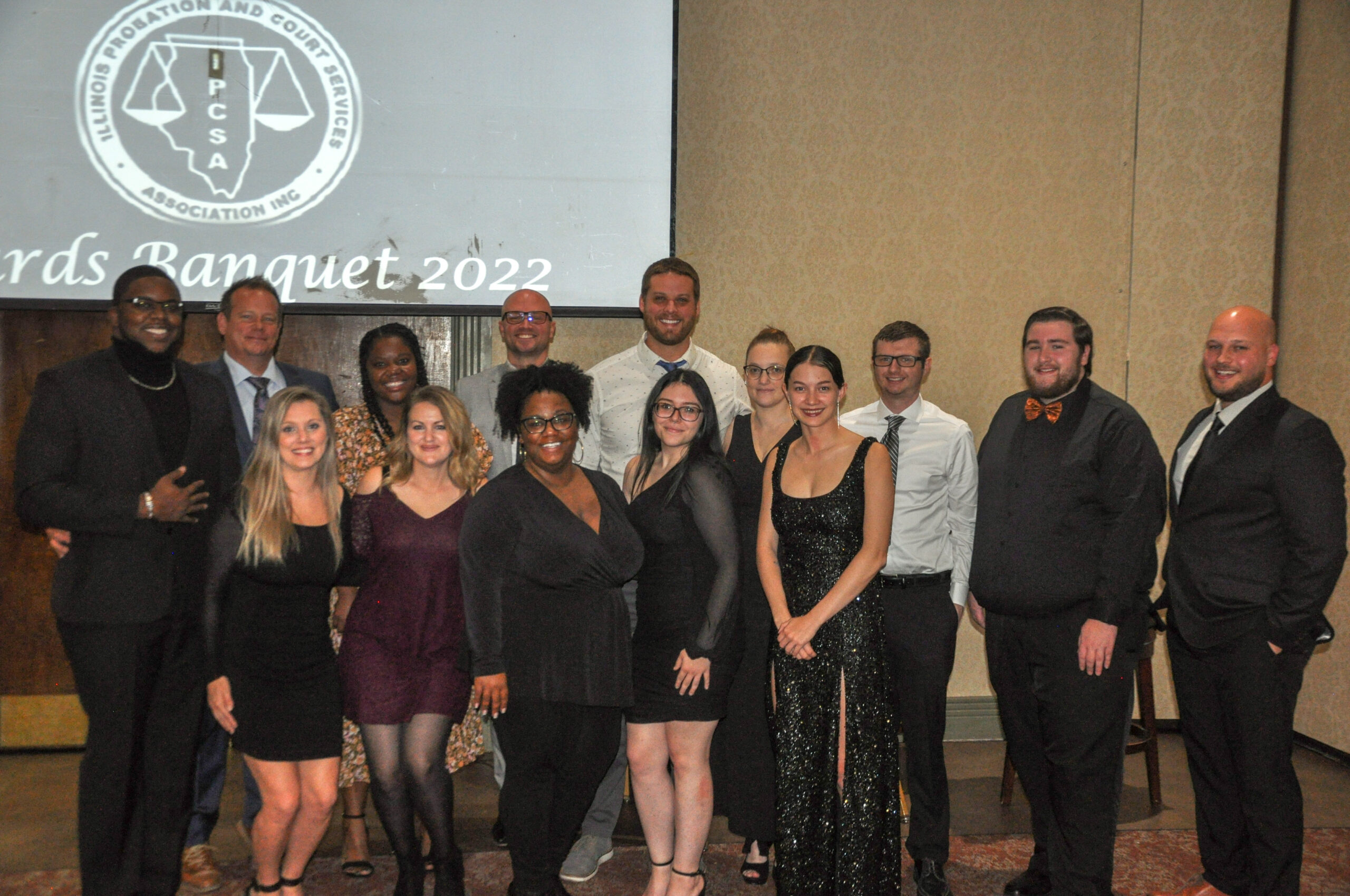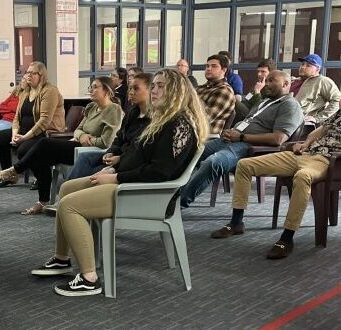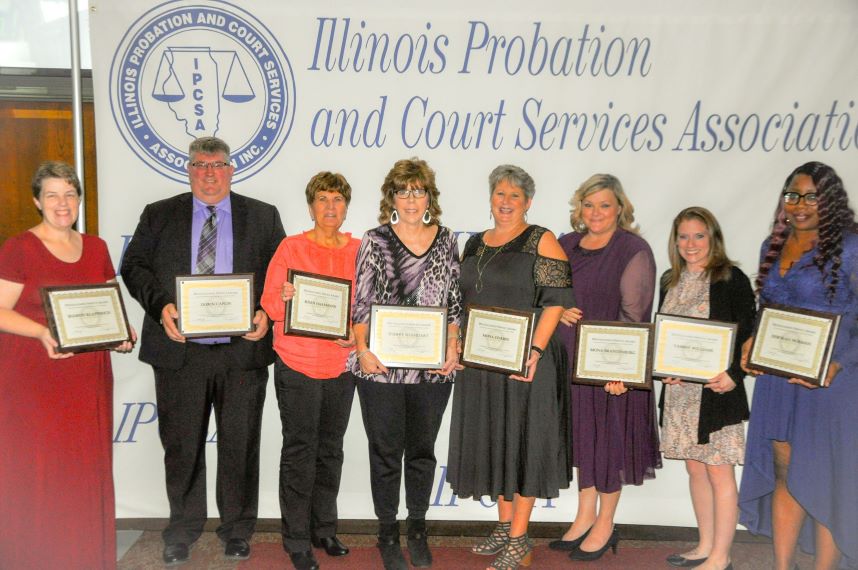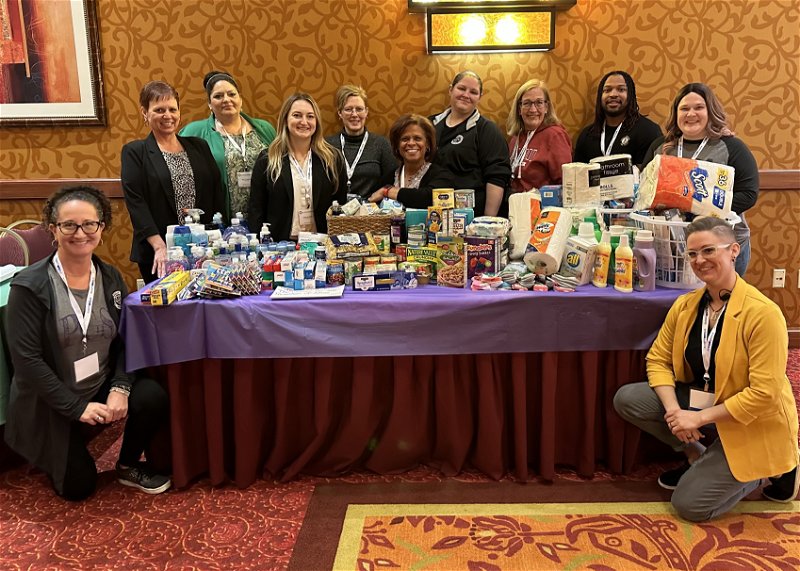January Roll Call-Diversion and Alternative-to-Incarceration Programs (TASC)
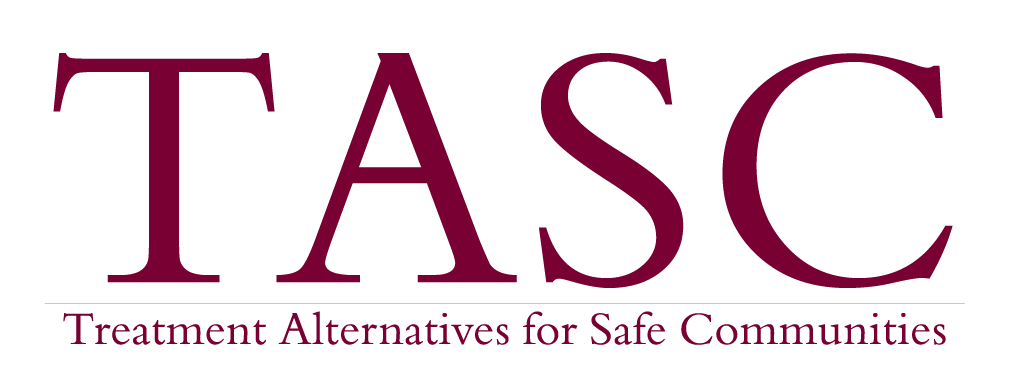
Event Date:
January 21, 2025
Event Time:
2:00 pm
Event Location:
This session is sponsored by the IPCSA Substance Abuse/Problem-Solving Court Committee
The majority of people who enter the criminal justice system have a substance use disorder, a mental health problem, or both. As the cornerstone of our mission, TASC strives to prevent the unnecessary and expensive incarceration of people who have substance use or mental health conditions.
TASC serves both individuals and the justice system by facilitating solid connections to treatment and recovery support in the community. We help individuals get into and remain in the services they need, and we guide them as they progress to self-sufficiency. Our diversion and alternative-to-incarceration programs reduce burdens on the justice system, reduce recidivism, save criminal justice costs, and increase health for individuals and communities.
Pre-Arrest and Prosecutorial Diversion
Designed and implemented by local law enforcement (pre-arrest diversion, or “deflection”) and state’s attorneys (prosecutorial diversion), diversion programs at the front end of the justice system can connect eligible individuals to health and social services instead of further entry into the justice system. In pre-arrest diversion, the individual is deflected to community-based services in lieu of arrest. In prosecutorial diversion, sentencing is deferred while participants engage in supervised programming in the community, and charges may be dropped after participants complete the program successfully. TASC is available to support law enforcement and state’s attorneys’ offices in developing diversion programs, screening individuals for program eligibility, conducting assessments to determine participants’ clinical needs, and facilitating referrals to appropriate services.
Probation and Court Services
For individuals whose offenses are related to a substance use or mental health problem, TASC helps individuals access the clinical services they need and also remain accountable to the mandates of the court. In jurisdictions across Illinois, TASC conducts clinical assessments, advocates treatment for those who need it, develops individualized service plans, places clients into appropriate treatment and recovery support, provides reports to the court, and offers ongoing monitoring and guidance over many months as clients work their way through the recovery process. TASC supports clients as they progress toward goals such as education, employment, housing, and other building blocks of stable recovery.
Matching individuals to the right types and levels of services, and following through with case management, not only improves individuals’ success, but also assures the efficient use of limited resources. Longer-term case management also provides continuity to ensure that individuals remain in services long enough to make substantial changes in their lives.
Making a Difference
People who receive TASC’s specialized case management services have significantly better outcomes than people who do not receive TASC’s services. For instance, formal evaluations show that individuals referred to substance use treatment by justice, corrections, or child welfare systems are significantly more likely to complete treatment when they also receive TASC specialized case management.
Working together with government systems and community-based service providers across Illinois, TASC helps create healthier families and safer communities.
Presenters

Amber Bridgman, BSW, CADC, CODP, CCTSA
Administrator, Adult Criminal Justice Services Area 8, Pathways Home
Amber Bridgman serves as the administrator for TASC’s Area 8 Adult Criminal Justice Services (ACJS) and Pathways Home District 4 and 5; a grant funded reentry workforce development program. Having begun as an intern in 2014 for ACJS, Amber transitioned to the role of ACJS case manager. She then transferred to become a case manager and supervisor for District 5 Corrections Transition Program (CTP) before being promoted to administrator.
A certified alcohol and drug counselor (CADC), cooccurring disorder professional (CODP), and certified clinical trauma specialist addiction (CCTSA), Amber received her BS in social work from Southern Illinois University at Carbondale.
Ryan Dillon, BA, CADC
Administrator of Services in the Collar Counties (TASC Areas 10 and 11)
An experienced advocate for people in the justice system who have substance use disorders, Ryan Dillon supervises TASC’s court advocacy and case management services in nine northeastern Illinois counties outside of Cook. Prior to being promoted to area administrator in 2018, he was a casework supervisor for TASC’s corrections reentry programs, which serve individuals in or leaving the Illinois Department of Corrections.
Ryan began his career as a counselor for a residential program for court-referred youth, and joined TASC as a case manager in 2006. He earned his BA from St. Ambrose University (Davenport, IA) with a double major in psychology and criminal justice.
Join Zoom Meeting
https://us02web.zoom.us/j/83364503516?pwd=uOjuZEFOEX6h0I6IPZ8lMiE2yOi1dw.1
Meeting ID: 833 6450 3516
Passcode: 522701
—
One tap mobile
+13092053325,,83364503516#,,,,*522701# US
+13126266799,,83364503516#,,,,*522701# US (Chicago)
—
Dial by your location
• +1 309 205 3325 US
• +1 312 626 6799 US (Chicago)
• +1 301 715 8592 US (Washington DC)
• +1 305 224 1968 US
• +1 646 558 8656 US (New York)
• +1 646 931 3860 US
• +1 360 209 5623 US
• +1 386 347 5053 US
• +1 507 473 4847 US
• +1 564 217 2000 US
• +1 669 444 9171 US
• +1 669 900 9128 US (San Jose)
• +1 689 278 1000 US
• +1 719 359 4580 US
• +1 253 205 0468 US
• +1 253 215 8782 US (Tacoma)
• +1 346 248 7799 US (Houston)
Meeting ID: 833 6450 3516
Passcode: 522701
Find your local number: https://us02web.zoom.us/u/kcQhJsM51o
Must be an IPCSA paid member to receive training credit.

